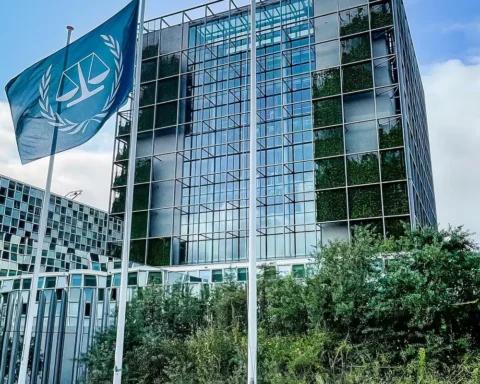Tanzania has launched a major crackdown on illegal cannabis cultivation in one of the country’s most important conservation zones.
Over a span of nine days, authorities destroyed 614 acres of cannabis farms in the wildlife corridor that links Mikumi National Park with the expansive Julius Nyerere National Park. The operation, conducted by the Drug Control and Enforcement Authority (DCEA) in partnership with the Tanzania National Parks Authority (TANAPA), resulted in the destruction of 3,741.9 kilograms of dried cannabis and 1,706 kilograms of cannabis seeds.
Officials also dismantled 72 illegal camps used by farmers growing the prohibited crop and arrested nine suspects believed to be linked to the illicit activities.
According to DCEA Commissioner General Aretas Lyimo, the joint operation is part of a broader national strategy aimed at curbing drug trafficking and protecting the country’s rich biodiversity. He noted that criminals are increasingly turning to remote areas around national parks as safe havens to hide illegal farming operations.
“These illegal farms are not just breaking the law—they are actively destroying ecosystems that are vital to our country’s future,” Lyimo said in a statement issued on July 16, 2025.
The corridor between Mikumi and Nyerere is a key wildlife migration route, crucial for animals such as elephants, buffaloes, and various bird species. Unchecked farming in the area contributes to deforestation, habitat loss, and soil erosion, threatening not only wildlife but also the livelihoods of communities that rely on eco-tourism and sustainable agriculture.
Lyimo praised the involvement of local villagers, who played a crucial role by sharing intelligence and assisting enforcement teams. This community collaboration, he said, is an essential part of the fight against narcotics and environmental crimes.
Also Read; Africa’s Energy Minerals May Shift Global Power
Tanzania’s move comes amid growing concerns about the use of remote lands, including conservation areas, for illegal agriculture. Such activities pose a direct threat to the country’s protected zones, which are a cornerstone of its tourism industry—a vital economic driver that contributes significantly to GDP.
This operation is the latest in a series of nationwide crackdowns. Earlier in 2025, over 300 acres of cannabis were cleared in the Kondoa District, with similar outcomes. In 2024, authorities uprooted over 1,100 acres in the Mikumi area alone. These ongoing efforts reflect Tanzania’s commitment to enforcing its drug control laws and safeguarding its national heritage.
Authorities have indicated that this is far from over. Plans are underway to use advanced tools like drones and satellite surveillance to monitor suspected growing areas. Educational campaigns aimed at raising awareness, especially among young people and farmers, are also expected to increase.
Commissioner Lyimo reaffirmed the DCEA’s dedication to rooting out the issue: “We will continue working with every arm of government, security agencies, and our communities. This is not just about stopping drugs—this is about securing our future.”







